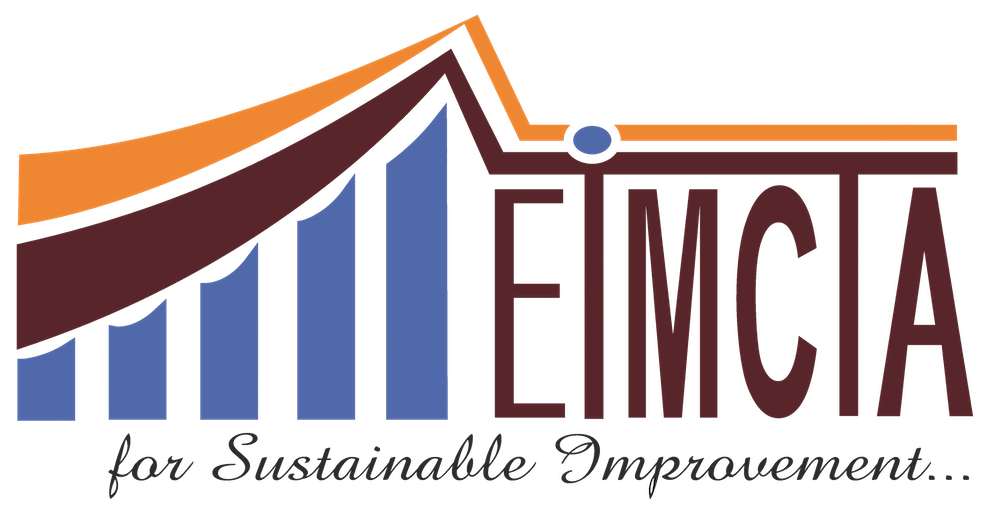For Earthquake Safety Training:
Reduced Injury and Loss of Life: Earthquake safety training teaches individuals how to "Drop, Cover, and Hold On" during an earthquake, reducing the risk of injury from falling objects or structural damage. Knowing these techniques can save lives during seismic events.
Emergency Preparedness: Training equips individuals with the knowledge and skills needed to prepare for earthquakes. This includes creating emergency kits, establishing communication plans, and identifying safe evacuation routes.
Building Awareness: Earthquake safety training raises awareness about the risks and potential impact of earthquakes. Individuals become more informed about the geological hazards in their region and can take proactive measures to mitigate risks.
Improved Structural Understanding: Training may include information on building codes and structural considerations to enhance understanding of how buildings respond to earthquakes. This knowledge can inform decisions on where to seek shelter during an earthquake.
Community Resilience: When individuals are well-trained and informed, communities become more resilient in the face of earthquakes. Training promotes a collective understanding of the importance of earthquake preparedness and response.
Effective Evacuation Planning: Earthquake safety training includes guidance on evacuation planning. Knowing how and when to evacuate, as well as understanding evacuation routes and assembly points, is crucial for minimizing chaos and ensuring safety.
Risk Reduction: Training helps individuals identify potential hazards in their environment and take steps to reduce risks. This may involve securing heavy furniture, securing objects that could become projectiles, and retrofitting buildings to withstand seismic forces.
First Aid and Emergency Response: Earthquake safety training often includes basic first aid and emergency response skills. This knowledge is valuable for providing immediate assistance to those who may be injured during or after an earthquake.
For Flood Safety Training:
Early Warning and Preparedness: Flood safety training educates individuals on early warning systems and flood preparedness. This includes understanding weather alerts, knowing evacuation procedures, and preparing emergency supplies.
Safe Evacuation Practices: Training provides guidance on safe evacuation practices during flooding. This includes knowing evacuation routes, understanding the importance of timely evacuation, and being aware of designated shelters.
Water Safety: Flood safety training teaches individuals about the dangers of floodwaters, including fast currents, debris, and contamination. Understanding water safety principles is crucial for avoiding drowning and waterborne illnesses.
Community Coordination: Flood safety training fosters coordination within communities. Residents learn how to work together during flooding events, supporting each other in evacuation efforts and emergency response.
Infrastructure Protection: Training may include information on protecting critical infrastructure during floods, such as securing utilities, reinforcing levees, and implementing flood control measures. This knowledge can contribute to overall community resilience.
Risk Assessment: Flood safety training encourages individuals to assess the flood risk in their area. This involves understanding flood maps, recognizing flood-prone zones, and taking steps to safeguard property and belongings.
Emergency Communication: Effective communication is crucial during flood events. Training provides guidance on establishing communication plans, staying informed through official channels, and relaying information to family members and neighbors.
Search and Rescue Skills: Flood safety training may include basic search and rescue skills, such as using life-saving equipment and techniques. This knowledge can be invaluable in situations where individuals need assistance during flooding.
